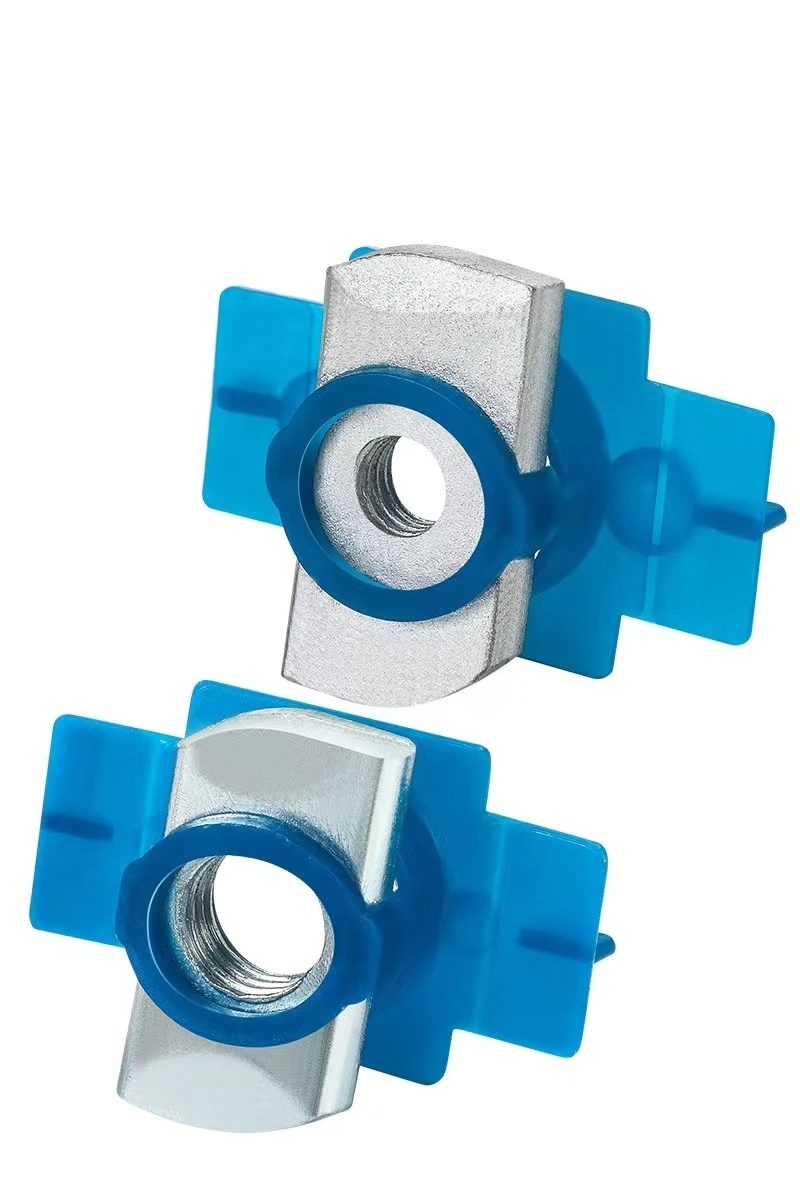

Guide to Self-Tapping Metal Screw Sizes for Various Applications and Projects
Oct . 11, 2024 03:25 Back to list
Guide to Self-Tapping Metal Screw Sizes for Various Applications and Projects
Understanding Self-Tapping Metal Screws Sizes and Applications
Self-tapping metal screws are essential fasteners commonly used in construction and manufacturing. They are designed to create their own hole when driven into materials, eliminating the need for pre-drilling. This feature not only speeds up the assembly process but also enhances the screw's holding power within the material. Understanding the various sizes and types of self-tapping metal screws can help ensure that you choose the right one for your project.
What Are Self-Tapping Screws?
Self-tapping screws are distinguished from regular screws by their unique ability to tap their own threads as they are driven into materials. They typically have a sharp point that facilitates penetration into metals or other hard materials. These screws are often made from durable materials like stainless steel or carbon steel, providing strength and resistance to corrosion.
Sizes of Self-Tapping Metal Screws
Self-tapping screws come in a variety of sizes, which are crucial for their performance in different applications. The size of a screw is typically denoted by two important measurements the diameter and the length.
1. Diameter This measurement is quoted in either inches or millimeters and determines how wide the screw is. Common diameters for self-tapping screws can range from 4 (approximately 0.112 inches or 2.84 mm) to 14 (approximately 0.194 inches or 4.93 mm). The choice of diameter depends on the thickness of the material being fastened and the load requirements of the application.
2. Length Length is measured from the top of the head to the tip of the screw. Standard lengths can vary from 3/8 inch (9.525 mm) to approximately 3 inches (76.2 mm) or more. When selecting the length, it is essential to consider not just the thickness of the material but also any additional layers that the screw will need to penetrate.
Types of Self-Tapping Metal Screws
There are several types of self-tapping screws designed for specific applications
self tapping metal screws sizes

- Self-Tapping Sheet Metal Screws These screws are specifically designed for fastening metal sheets
. They typically have coarse threads that provide a strong grip in thin materials.- Self-Drilling Screws Often referred to as Tek screws, these are self-tapping screws that come with a drill bit tip. They are ideal for thicker metal applications and eliminate the need for pre-drilling entirely.
- Machine Screws These screws are used with a pre-tapped hole in a metal material. While they are not self-tapping in the same sense, they can be used in similar contexts.
Choosing the Right Size and Type
Selecting the appropriate size and type of self-tapping metal screws is crucial for the success of any project. Here are a few tips to guide you
- Material Thickness Always consider the thickness of the material you are working with when choosing the length and diameter of the screw. A screw that is too short won't provide adequate fastening, while one that is too long can damage the underlying structure.
- Load Requirements Understand the load that the screw will need to support. For heavy-duty applications, larger diameter screws with appropriate tensile strength are preferable.
- Corrosion Resistance If the project is exposed to moisture or corrosive environments, opt for screws made from materials with protective coatings, like zinc or stainless steel, to enhance durability.
Conclusion
In conclusion, self-tapping metal screws are versatile fasteners that come in various sizes and types to suit a range of applications. Knowing the specifics about screw sizes—diameter and length—along with understanding the different types available, will empower you to make informed decisions for your projects. Proper selection ensures strong and dependable fastening, ultimately leading to safer and more efficient outcomes in construction or manufacturing tasks.
Latest news
-
Hot Dip Galvanized Bolts-About LongZe|High Strength, Corrosion Resistance
NewsJul.30,2025
-
High-Strength Hot Dip Galvanized Bolts - Hebei Longze | Corrosion Resistance, Customization
NewsJul.30,2025
-
Hot Dip Galvanized Bolts-Hebei Longze|Corrosion Resistance&High Strength
NewsJul.30,2025
-
High-Strength Hot-Dip Galvanized Bolts-Hebei Longze|Corrosion Resistance&High Strength
NewsJul.30,2025
-
Hot Dip Galvanized Bolts-Hebei Longze|Corrosion Resistance&High Strength
NewsJul.30,2025
-
Hot Dip Galvanized Bolts - Hebei Longze | Corrosion Resistance, High Strength
NewsJul.30,2025

